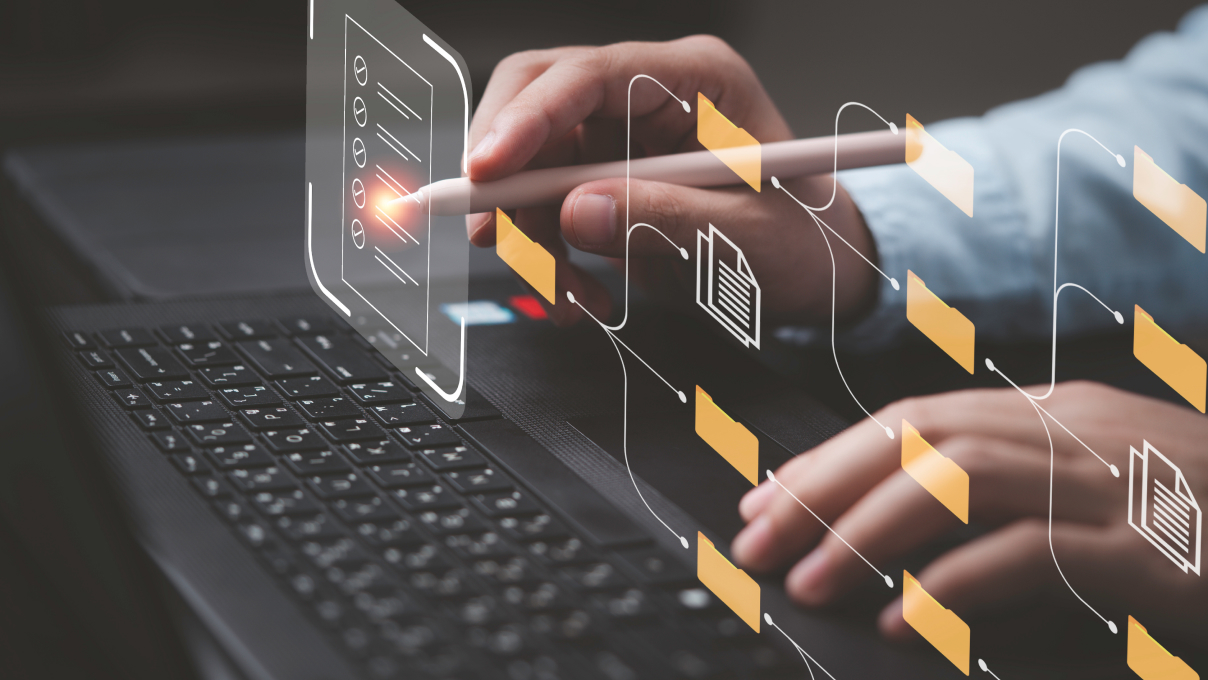The ability to retain information is paramount in both educational and professional settings. Effective information retention, encompassing knowledge, learning, and skills, is the bedrock of personal and career development. In this article, we will delve into proven techniques and strategies that boost the retention of information. Discover how to effectively remember and apply what you’ve learned, ensuring long-term knowledge and skill retention. Additionally, we will discuss the role of Learning Management Systems (LMS) in this process.
Active learning for knowledge retention
Active learning is a dynamic approach that goes beyond passive information absorption. Instead of simply reading or listening, it encourages you to engage actively with the material. This involves questioning, discussing, and note-taking. You delve deeper into the subject by asking questions, seeking clarification, and making connections. Participating in discussions exposes you to different perspectives and helps reinforce your understanding. Taking notes is a tactile way of processing information, requiring you to distill and organize the material in your own words. These active processes not only deepen comprehension but also reinforce memory, promoting the retention of knowledge.
Spaced repetition for learning retention
Spaced repetition is a strategic technique that plays a crucial role in long-term learning retention. It involves the deliberate review of information at gradually increasing intervals over time. By spacing out the reviews, your brain is continually exposed to the material, ensuring it remains fresh in your memory. This reinforces the neural pathways associated with the learned content, making it easier to recall. Spaced repetition is particularly effective for memorizing facts, terminology, and complex concepts, ensuring the knowledge is retained effectively.

Visual aids and mind mapping to boost information retention
Visual aids, such as diagrams, charts, and mind maps, offer a visual dimension to learning that can significantly enhance information retention. These graphical representations serve as visual cues that make complex concepts more understandable and memorable. Creating visual aids or referring to those provided in educational materials can facilitate understanding and recall. Mind mapping, in particular, is a technique that helps you organize and connect ideas visually, strengthening your grasp of the subject matter and promoting its retention in your memory.
Leverage multisensory learning for knowledge retention
Multisensory learning takes advantage of multiple senses in the learning process, reinforcing information retention. It involves simultaneously engaging more than one sense, such as combining auditory and visual elements. For example, when you listen to a lecture or audio content, simultaneously taking notes or creating visual summaries taps into both auditory and visual sensory channels. This dual engagement creates a more robust memory trace and makes the learning experience more memorable, contributing to knowledge retention.
Teaching as a tool for learning retention
Teaching others what you’ve learned is a powerful strategy for enhancing information retention. When you teach a concept to someone else, you must thoroughly understand it. This articulation strengthens your memory of the topic, as you must present it clearly and comprehensively. Teaching can take various forms, such as mentoring a colleague, creating educational tutorials, or actively participating in discussions related to the subject matter. In each case, you deepen your understanding and memory of the material, enhancing learning retention.
Incorporate gamification for training retention
Gamification introduces game design elements into training, making learning enjoyable and engaging. This approach leverages the natural human inclination to play and compete, enhancing the retention of training material. Learning through enjoyable, game-like experiences makes the process more fun and creates stronger memory associations. Learning Management Systems often incorporate gamification features, such as quizzes, challenges, and rewards, which boost training retention. These interactive elements add an element of competition and achievement, making the learning process more enjoyable and effective.
Leverage learning management systems for learning and training retention
Learning Management Systems (LMS) have emerged as indispensable tools in the modern educational and corporate training landscape, and their impact on learning and training retention is profound. LMS platforms offer a robust array of tools and features designed to enhance the retention of knowledge and skills. Here’s how LMS systems facilitate this process:
Structured Learning Environment: LMS platforms provide structured and organized digital environments for learners to access educational content. These systems ensure that learning materials are readily available and easy to navigate. A well-structured learning environment encourages learners to engage with the content, promoting information retention.
Progress Tracking: LMS platforms include progress-tracking mechanisms that allow learners and instructors to monitor the advancement of the educational journey. This feature motivates learners to stay on track and offers valuable insights into which areas of the course or training require additional focus for improved retention.
Quizzes and Assessments: LMS platforms enable the incorporation of quizzes and assessments into the learning process. These assessments serve as checkpoints to evaluate comprehension and retention of the material. Regular quizzes reinforce memory, and reviews provide valuable feedback to learners and instructors, allowing for adjustments to the learning path.
Multimedia Content Support: LMS platforms are designed to accommodate various types of content, including text, images, audio, and video. This multimedia approach appeals to different learning styles and preferences. Engaging with content in diverse formats enhances understanding and, subsequently, retention. Visual and interactive elements within multimedia content make the learning experience more memorable.
Personalized Learning Paths: LMS platforms empower learners to create customized learning paths. This customization tailors the learning experience to individual needs, preferences, and prior knowledge. By following a learning path aligned with their specific requirements, learners are more likely to engage actively with the material, which enhances information retention.
The key to long-term knowledge and skill retention
In conclusion, strategies to enhance information retention, encompassing knowledge, learning, and skills, are vital for personal and professional development. Whether through active learning, spaced repetition, or visual aids, the goal is to find what works best for you. Learning Management Systems offer a valuable resource in this journey by providing the tools to structure and enhance the learning process, ensuring effective knowledge and skill retention. By incorporating these methods and harnessing the capabilities of LMS, you can elevate your information retention, promoting long-term learning and application of knowledge.











